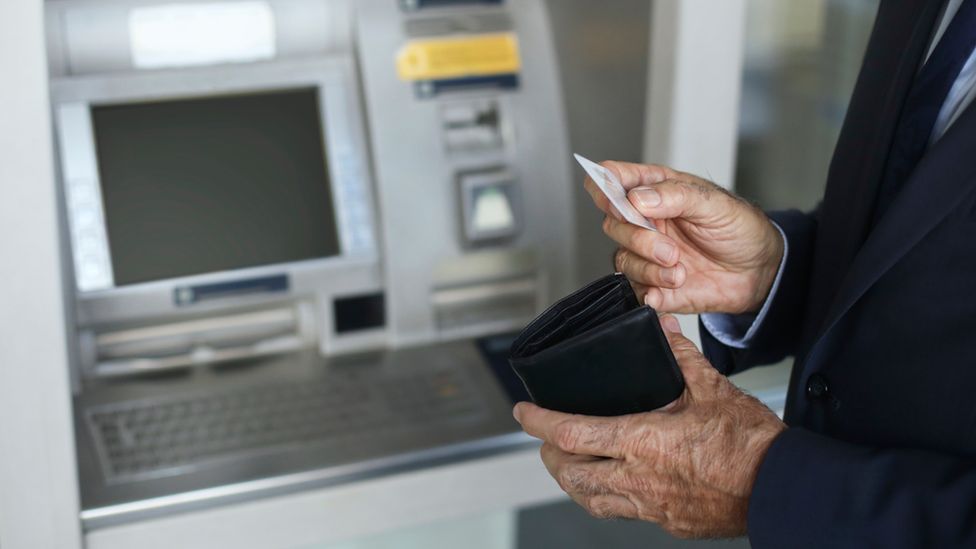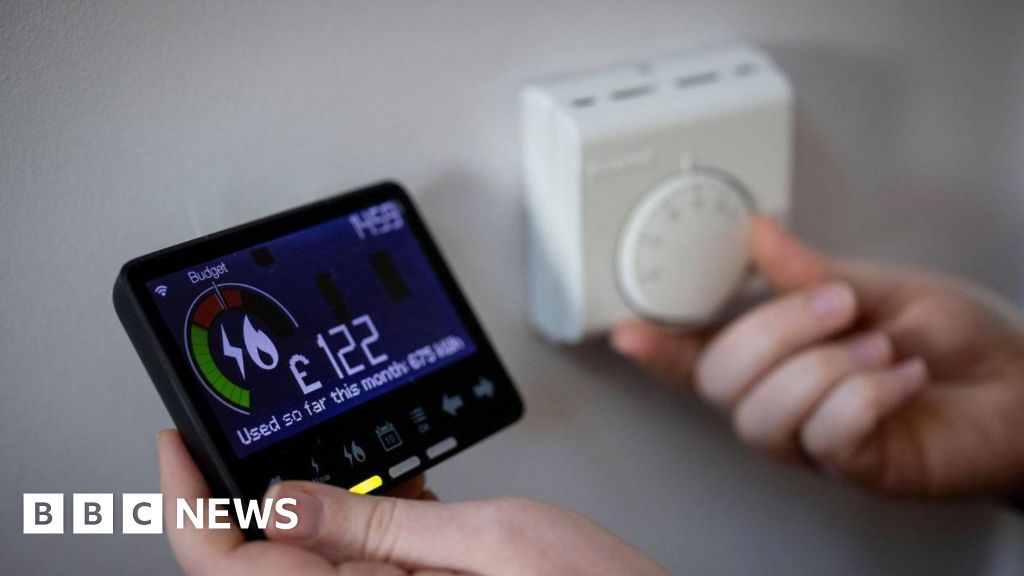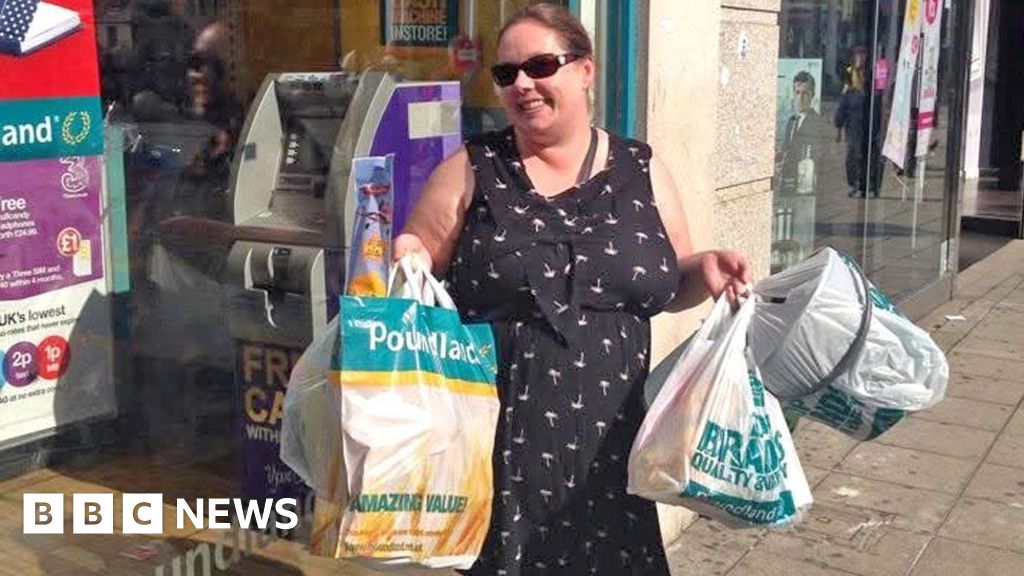ARTICLE AD BOX
 Image source, Getty Images
Image source, Getty Images
By Dan Whitworth
Money Box reporter, BBC Radio 4
A fraud victim has won a £153,000 refund despite not being automatically entitled to one, after the BBC's Money Box programme contacted Lloyds bank.
James, in his 70s, was targeted by a US-based scammer who claimed she was in an abusive relationship and tricked him into making dozens of payments.
Such frauds are often protected by banking rules, but they do not cover transactions to foreign bank accounts.
Lloyds Bank refunded him after learning he was especially vulnerable.
James was the main carer for his wife who had Parkinson's disease and dementia and subsequently died. As soon the criminals learned about this they were able to psychologically manipulate him as part of a romance scam.
We are not using his surname or a picture of him because of how vulnerable he is and the risk he might be targeted again.
James' son Adam discovered what was going on when his dad had to go into hospital last month and his dad asked him to make one of the payments, so convinced was James that he was helping someone
'It was like being gut punched'
As soon as Adam checked his dad's bank account he realised what had happened and contacted Lloyds.
Adam says he was initially told by Lloyds that it sounded like a romance scam which is a type of authorised push payment fraud and would most likely be covered by a voluntary banking code.
Most major banks signed up to the code which aims to cut fraud and offer refunds to victims.
The next day, however, Adam says Lloyds told him because his dad's scammer had been stealing the money using a bank account in America, it wasn't covered by the code because the transactions were made to foreign bank accounts.
"I felt gut punched. I felt sick that all this money had gone, that there's no cover," he said.
Adam said he felt the code should protect all customers "irrespective of where the criminal resides or where the money has gone."
How to spot a friend or family member is being targeted:
- They may be very secretive about a new friendship or relationship
- They might become hostile or angry and withdraw from conversation when you ask any question about it
- They may express very strong emotions and commitment to someone they have only just met
- They have sent, or are planning to send, money to someone they have not met face-to-face. They may take out loans or withdraw from their pension to send money.
How to stay safe from romance scams:
- Be suspicious of any requests for money from someone you have never met in person, particularly if you have only recently met online.
- Speak to your family or friends to get advice.
- Profile photos may not be genuine - do your research first. Performing a reverse image search on a search engine can find photos that have been taken from somewhere, or someone, else.
It was at this point, in desperation, that Adam emailed Money Box about what had happened to his dad and how he wasn't covered by the so called Contingent Reimbursement Model (CRM) code.
We started our investigation by speaking to experts, getting more details of James' story and then contacting Lloyds.
It emerged that, in this case, Lloyds had done a really good job of not only spotting the potential fraud but alerting James to it.
The bank blocked a number of transactions, it spoke to James on the phone to warn him and even called him into a branch to speak to him face-to-face.
However, the scammer's hold over James was so strong after being indoctrinated to this supposed plight, he insisted the payments went through.
After our investigation began, though, Lloyds carried out a thorough review of James' case.
In a statement it said it had a great deal of sympathy for James and his family.
"Sadly in this case, our customer did not take appropriate steps to verify that the person he met online was genuine. We blocked a number of the transfers and provided warnings about the risk of this being a scam, however he chose to proceed with the transactions.
"Given the complexity of this case and his personal circumstances at that time, we have now provided a full refund of the money he lost to the fraudsters."
Arun Chauhan, a solicitor who specialises in fraud and financial crime and is a trustee at the charity, the Fraud Advisory Panel, says that while he recognises the practical difficulties of securing international agreements to cover foreign transactions, banks could do more - such as 24 hour time delays, for example.
"I would like to see transfer action slowed down by a day. Or there's an automatic test payment route that's put in, something where the customer doesn't release all the money straight away," he said.
"It's not going to stop everything (because) as we know when customers are fully duped they're fully duped... but it could save a few people and I think that's important.
UK Finance, the trade industry body for banks and financial institutions, said the voluntary bank code had meant "hundreds of millions of pounds has been reimbursed to thousands of customers".
It said challenges with data sharing and international fund recovery prevented it covering international transactions, but did not prevent reimbursement for such payments.
"Firms always look at each instance of fraud on its own merits," it added.
You can hear more on this story on BBC Radio 4's Money Box podcast available shortly after broadcast by clicking here.

 2 years ago
109
2 years ago
109








 English (US) ·
English (US) ·